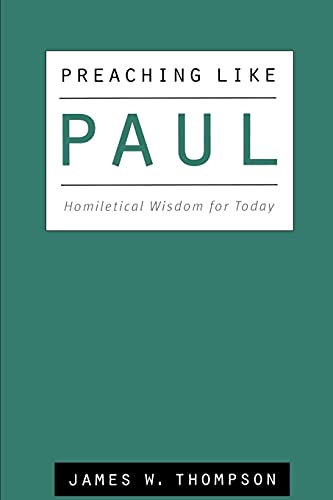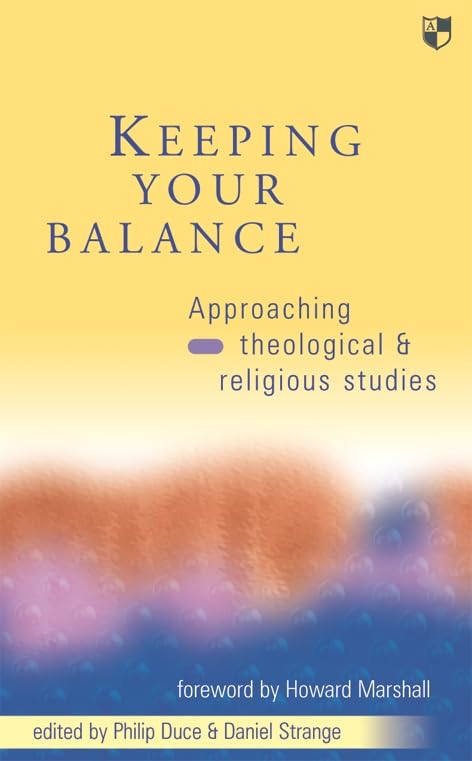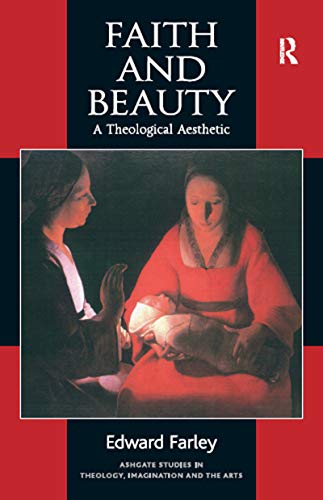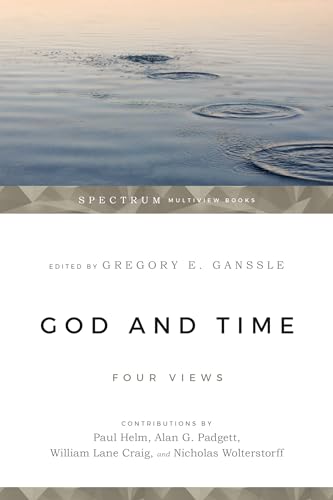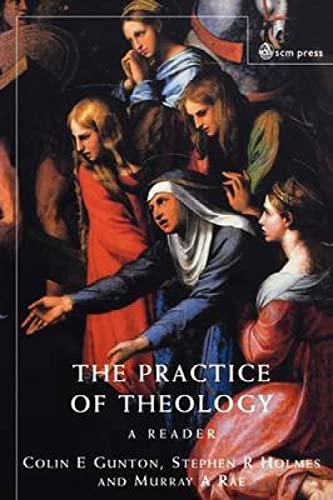Volume 28 - Issue 2
The Last Word
By Robbie F. CastlemanSince the events of September 11th, 2001 I have refused to purchase anything connected to that date. My boycott reflects a resistance to profiteering from tragedy, not a lack of patriotism for my country. You name it, you can buy it. Bumper stickers, T-shirts, jewellery, framed pictures of the former New York skyline, mementoes of every sort. The advertisement with many of these will include something like ‘a portion of the profit from the sale of this item will go to disaster relief’ (a victim’s family fund, the education of the firefighters’ children) and similar charitable concerns connected to the terrorist attack. ‘Nine-eleven’, written 9-11, is the shorthand used to designate the events of that day.
Buying patriotic mementoes seems to me to hearken to a desire for talismanic protection from a heightened sense of vulnerability for the common person. When national leaders are assassinated, that’s one thing—that’s them. But, when a person like you and me simply goes to work and is only doing their job, that could be me. Shielding from anonymous hatred, random violence and sudden death is some of the hope behind the consumerism based on 9-11. In its essence the talismanic shield is the attempt to establish a reason, an identity. Citizens in the United States who don’t know all the words to the national anthem and cheat on their income taxes that are necessary to support the country are wearing red, white and blue to mitigate emotional chaos. We may have been initiated into a violent vulnerability that is the daily reality of many countries around the world, but Americans will still insist on it being us and not them.
My boycott stems essentially from the Gospel of Jesus that insists that the Kingdom of God exists for the sake of those others: the downtrodden, the poor, the lowly, the widows, the orphans, the lost, the sick, the most vulnerable. As a Christian, I need to get into the global mess of 9-11, not try to shield myself from it. When the armies of the world were arrayed against Judah in the days of King Jehoshaphat, he confessed, ‘We are powerless against this great multitude that is coming against us. We do not know what to do, but our eyes are upon you’ (2 Chron. 20:12, RSV). That is the reality of all of life. I may not expect the secular state to express such honesty or to hold this evaluation of its resources. I was however hopeful that I would see such honesty and humility in the church.
The recognition of powerlessness is supposed to drive us to the Cross, not the chequebook. Stark reminders of life’s fragility and personal vulnerability should endear us to people who have experienced the same. The recognition that ‘we are them’ should remind ‘us’ of who we really are as Christians—celebrants of foolishness and powerlessness, truly the only realists in the world. Much as I love my country and am horrified by the events of last year, my response needs to declare that my citizenship is not of this world. The cross of Jesus asks me to identify with the pain of the world, not attempt to shield myself from it.
The public and private patterns of Jesus’ life are interesting in this reflection. The cross was a very public event. His suffering and the identification of sin’s worst strikes were not hidden from the eyes of the world. The brokenness and sorrow, the helplessness and vulnerability of the Saviour were in full view. It was the resurrection that was unobserved, hidden, tucked away and celebrated by the community of faith in the private places of the upper room and the early morning seaside breakfast. The triumph, the overcoming victory, the conquest of death was confined to the eyes of faith. Today however, the church tends to imitate the world in publicising its victories and hiding its brokenness.
With hardly an exception the church in the United States responded to the 9-11 tragedy in a similarly backward way. Like the secularists we have made very public displays of triumphalist patriotism and have found a multi-million dollar way to commodify suffering. The church has not huddled in the privacy of the secret closet to talk to our heavenly Father who hears us and knows what we really need. Instead of leaning into the sorrow and loss and powerlessness in order to lift the cross, upon which all evil is dealt a final blow, the church has lifted the flag of another citizenship and added our voice to the triumph of another kingdom.
In Screwtape Letters, the affectionate uncle, the demon Screwtape, wrote the following to his demonic nephew Wormwood to help him in his attempt to blunt a Christian’s faith,
Once you have made the world an end, and faith a means, you have almost won your man, and it makes very little difference what kind of worldly end he is pursuing.1
C.S. Lewis insisted that this was true for both Britons and Germans in his day, and every time I pass by something for sale attached to 9-11, I am confessing that Lewis was right about the kingdoms of this world (no matter their flag), that settle for so much less than the Kingdom of our God. Jehoshaphat’s confession and clinging to the ‘foolishness and weakness’ of the Cross won’t sell much in today’s world or the world’s church. They do however define reality. And they do remind me of who I am and where I ultimately belong.
1 C.S. Lewis, Screwtape Letters, (London: Geoffrey Bles, 1942).
Robbie F. Castleman


